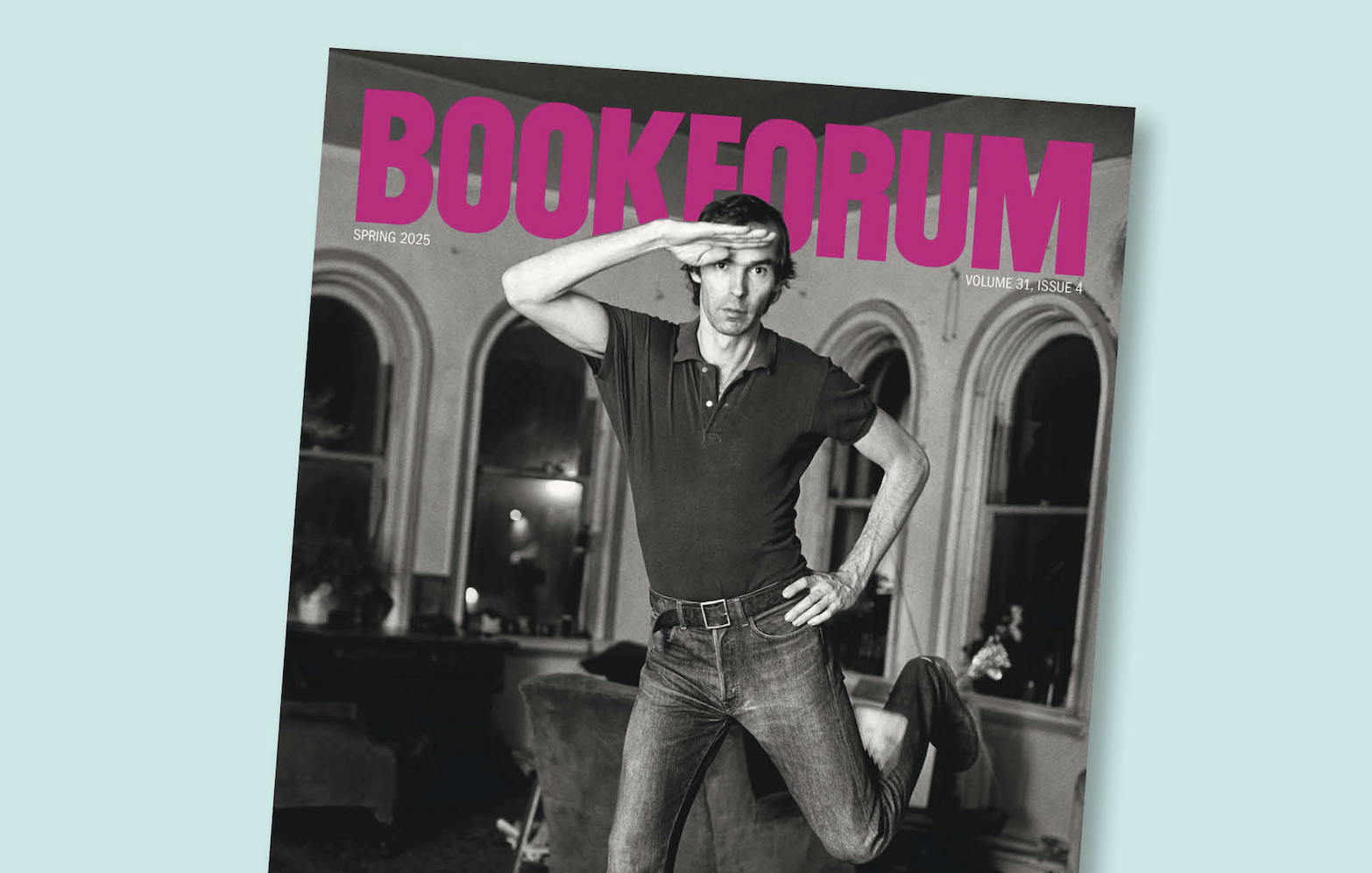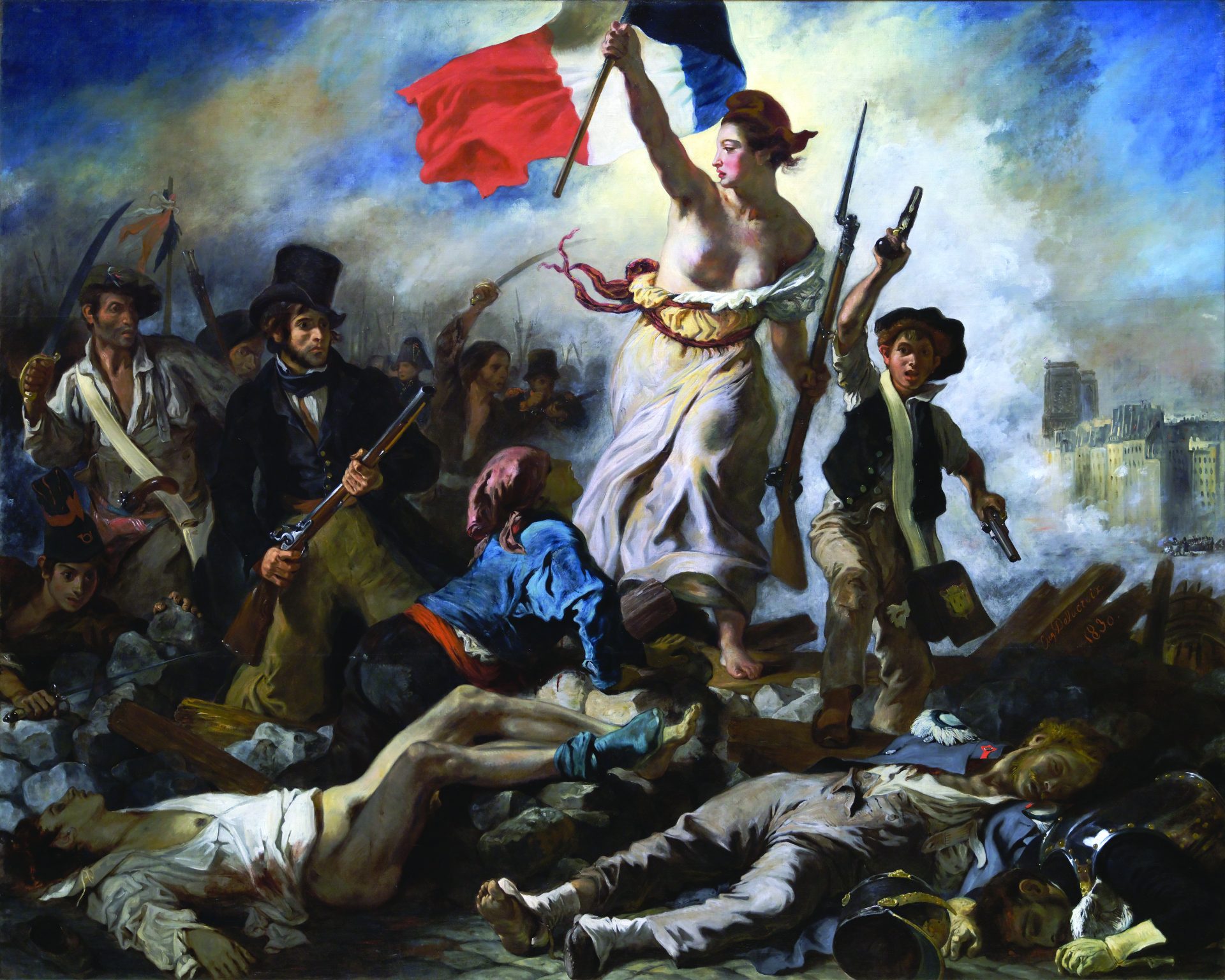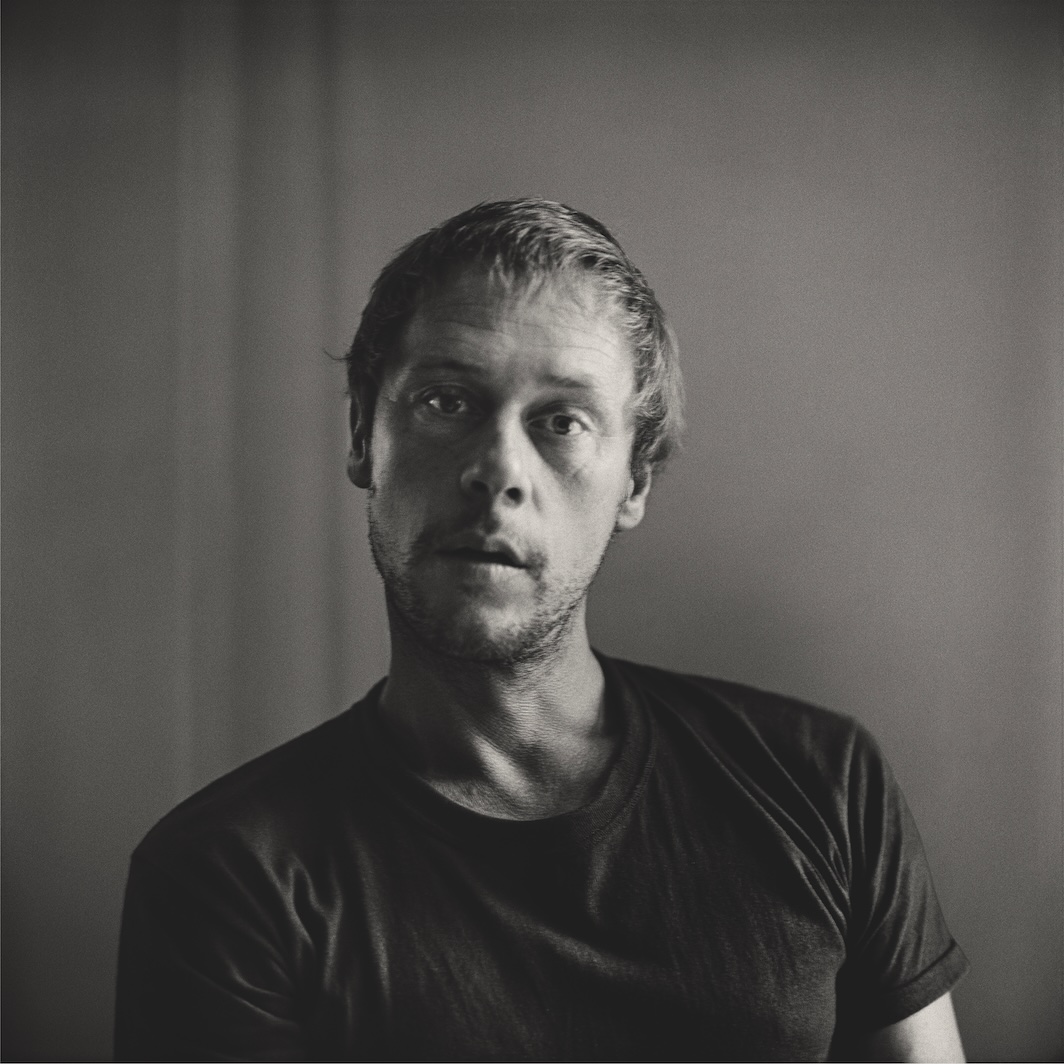
In 2000, Susan Buck-Morss published an essay in the journal Critical Inquiry that positively crackled with provocations for research, scholarly imagination, and political action. It had the unlikely title “Hegel and Haiti,” and now she has expanded it into a slim book, Hegel, Haiti and Universal History. It still packs a powerful punch.
Its strength lies in the development of a specific claim in the history of philosophy into a general theme concerning universality and politics. The claim is that Hegel was inspired by the Haitian revolution of the 1790s when developing his fundamental concept known as the master-slave dialectic. In 1791, the blacks of Saint-Domingue mounted a series of armed struggles against the island’s white slaveholders; the insurgents abolished slavery in Haiti (and would go on to develop a multiracial constitution) at the cost of the destruction of the island’s white population.
Hegel wrote that history served as the revelation of truth and that philosophy is “its time grasped in thought.” In Phenomenology of Spirit (1807), he wove allusions to historical events into his account of how knowledge emerged over time, but he never named those events explicitly. Scholars have long recognized the Reformation and the French Revolution in the narrative, but until now they hadn’t identified the Haitian revolution as a key ingredient in Hegel’s thought. Buck-Morss identifies Eurocentric racism as a more than probable reason for this omission.
In Hegel’s master-slave dialectic, two “consciousnesses” meet, and for each to have his (a very male story, this) identity affirmed, he needs the other’s recognition. Each strives to obtain it through a struggle to the death. When one gives up, he becomes the slave. The master receives recognition but is not satisfied by it because it comes from a mere slave. So he accumulates slaves, striving for recognition but always reaching what philosopher Alexandre Kojève called “an existential impasse.” Eventually, the slaves overthrow the masters and realize that only equality can lead to mutual recognition and an end to violence.
Buck-Morss argues that eighteenth-century Enlightenment philosophers were focused on slavery as an idea, and this allowed them to build the core concepts of liberalism around the notion of freedom. The antithesis of freedom played a crucial role for Hobbes, Locke, Rousseau, and Kant, to name a few. But these same thinkers ignored the acutal growth of slavery, which played a central role in the world economy at the time they were writing. In some respects, Hegel was different. Buck-Morss offers historical proof of his awareness of and interest in the Haitian revolution and makes a strong case for reading the master-slave dialectic as alluding to the struggle of the “black Jacobins” for freedom: “This is the crucial point for understanding the originality of Hegel’s argument, by which philosophy burst out of the confines of academic theory and became a commentary on the history of the world.” Her claim is not that Hegel was immune from the racism of his time—he wasn’t—but that, despite his prejudices, he moved past chauvinistic particularity to recognize the world-historical importance of the events in Haiti.
Here’s where Hegel, Haiti and Universal History goes beyond the scholarly frisson that comes from linking the first two nouns in the title. Buck-Morss conjoins Hegel and Haiti as an allegory for overcoming isolated ideas and histories. For her, the aim of expanding our historical imagination is to develop ideals that are universally applicable. She realizes that some who applaud her criticism of Eurocentrism will be surprised by her goal of “salvaging modernity’s universal intent, rather than calling for a plurality of alternative modernities.” Buck-Morss’s foray into the history of philosophy, then, is not just to correct the record of Hegel’s source material for Phenomenology of Spirit. She is also trying to find a path toward a generally useful concept of history through the idea of antislavery: “Is it possible to reimagine universal history out of bounds of exclusionary conceptual frames? . . . Can collective subjectivity be imagined as inclusive as humanity itself?”
Buck-Morss wants to explore the “porous” boundaries of “meaning systems” in order not only to show the power and relevance of the idea of antislavery but also to reimagine the historical efforts that aimed to realize this ideal. She is searching the ruins of an authentic cosmopolitan revolutionary experience for inspiration and hope. “The Haitian Revolution is a triumph for universal history only in our imaginations,” she writes. But by expanding the reach of our imaginations, we may be better able to construct political ideals that escape the cycle of violence. After all, that’s what Hegel tried to do in his story of a way out of the master-slave dialectic.
Buck-Morss is not naive in her reimagining of history. She knows well that one can relate the history of slavery and antislavery as a cycle of violence and domination. In Hegel, Haiti and Universal History, she rejects the idea that this is the only critical course available to contemporary thinkers: “Radical antislavery is a human invention that belongs to no one, because it belongs to everyone. Such ideas are the residues of events, rather than the possession of a particular collective, and even if they fail, they can never be forgotten.” Buck-Morss has forcefully reminded us of ideas and events that can belong to any of us, if we choose to make them our own.
Michael Roth is the president of Wesleyan University and the author of The Ironist’s Cage: Memory, Trauma, and the Construction of History (Columbia University Press, 1995).






